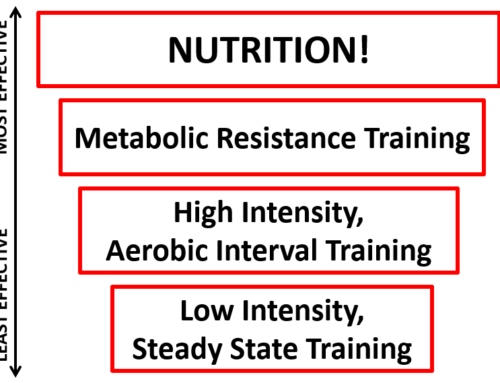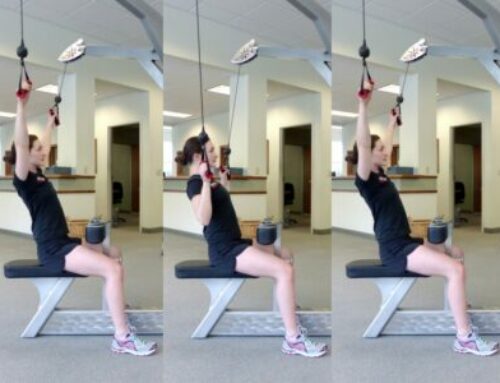
Last Updated: 3/12/23
While snacking on foods that are calorie dense and have low nutritional value (chips, cookies, pretzels, etc.) is generally not recommended, intelligent snacking between meals can play an important role in a healthy diet. Snacking throughout the day can help curb your appetite, keep you feeling full longer, and prevent overeating. It can also stabilize blood sugar levels and decrease energy fluctuations throughout the day. Here is some food for thought about smart snacking.
Balance your snacks.
Balance ensures we are getting appropriate variety with our snacks and not overloading on any food groups. Look for snacks that contain lean protein, fiber, and complex carbohydrates. These foods are more nutrient dense and take longer to digest, leaving you feeling full longer. Check out our 8 snacks under 150 calories for some smart snacking ideas.
Other smart snacking choices include:
- One 5oz container of low-sugar (<5g) Greek yogurt + 1 small banana
- ¾ cup cottage cheese + ½ cup diced pineapple or apple
- 2 tablespoons of hummus + 1 cup baby carrots or bell pepper
- 1 serving of whole grain crackers + 1 lite string cheese
- 3 tablespoons powdered peanut butter + 1 medium apple
Be a “mindful” snacker.
- Listen to your body when it is full. Use the Hunger Scale to avoid snacking just because something tastes good or you are bored.
- Be aware of when you snack. Mindless eating while watching TV or scrolling on your phone can easily lead to overeating. If you want to snack while engaging in these activities, be sure to measure out an appropriate quantity of whatever you want to snack on.
- If you are prone to unnecessary or unhealthy snacking, try to pause in the moment and ask, “Am I actually hungry or do I just want to eat?” Wait fifteen minutes and then reevaluate. If after fifteen minutes you decide you are hungry, then go for it, but make a healthy choice.
Make smart snacking easy.
Pre-pack your snacks and measure out appropriate portions the night before or early in the week to prevent overeating. Toss out the candy dish on your desk at work or the stash of chocolate chips in your pantry at home if you find these things inhibit your ability to practice smart snacking. Instead of sweets, keep healthy snacks within reach and readily available. Taking these steps can help create an environment that lends itself to being successful.
For this week and moving forward, challenge yourself to practice smart snacking. Use the tools listed above to bring awareness to your snacking habits and help you make smarter in-the-moment choices. You will be glad you did!




